Marc Jacobs closed New York Fashion Week with a cyber-punk rave collection for spring 2017, but it received attention for all the wrong reasons. The designer decided to send out his models with faux dreadlocks, a move that received widespread criticism online.
Twitter users called out the lack of models of color on the runway, pointing out that Jacobs used a majority of white models and gave them a hairstyle rooted in Rastafari culture. Jacobs responded to critics' comments on Instagram, saying:
"All who cry 'cultural appropriation' or whatever nonsense about any race or skin color wearing their hair in any particular style or manner -- funny how you don't criticize women of color for straightening their hair. I respect and am inspired by people and how they look. I don't see color or race -- I see people."
His words came across as ignorant and only added fuel to the controversery. One user wrote: "Black women who straighten their hair were forced to conform to those standards. A form of assimilation. I'm from Canada but in America if you hair is unkept, in styles such as dreads, Afros, cornrows, black women lose jobs and opportunities, and they also get ridiculed like Zendaya."
At the 2015 Oscars, E! Fashion Police host Juliana Rancic came under fire for her snarky remarks on singer Zendaya's dreadlocks. More recently, this year, Justin Bieber received criticism for doing his hair in cornrows. The Italian brand Valentino also received backlash for using cornrows in a mostly-white runway show inspired by African prints.
Speaking to the Cut, Marc Jacobs's hair stylist, Guido Palau, said the main muse for the collection was Sense8 director Lana Wachowski, a transgender woman who sports colorful dreads and appeared in the designer's latest spring campaign. "I take inspiration from every culture," Palau said. "Style comes from clashing things. It's always been there -- if you're creative, if you make food, music, and fashion, whatever, you're inspired by everything. It's not homogeneous. Different cultures mix all the time. You see it on the street. People don't dress head-to-toe in just one way."
Asked if Rasta culture was an inspiration, Palau said, "No, no at all." Meanwhile, Jena Counts, the artist who made the show's dreadlocks using wool and commercial dye, is selling her creations on Etsy for $200 a kit.
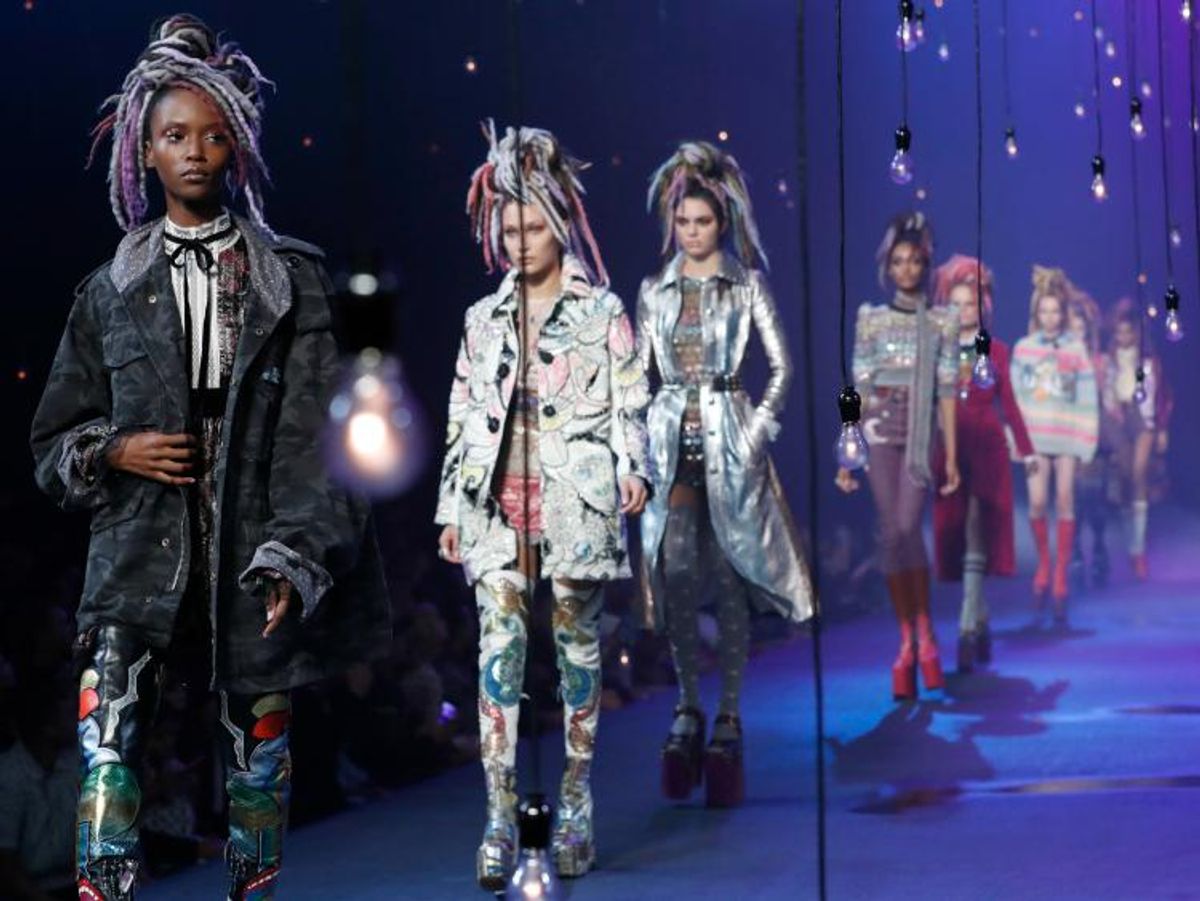


















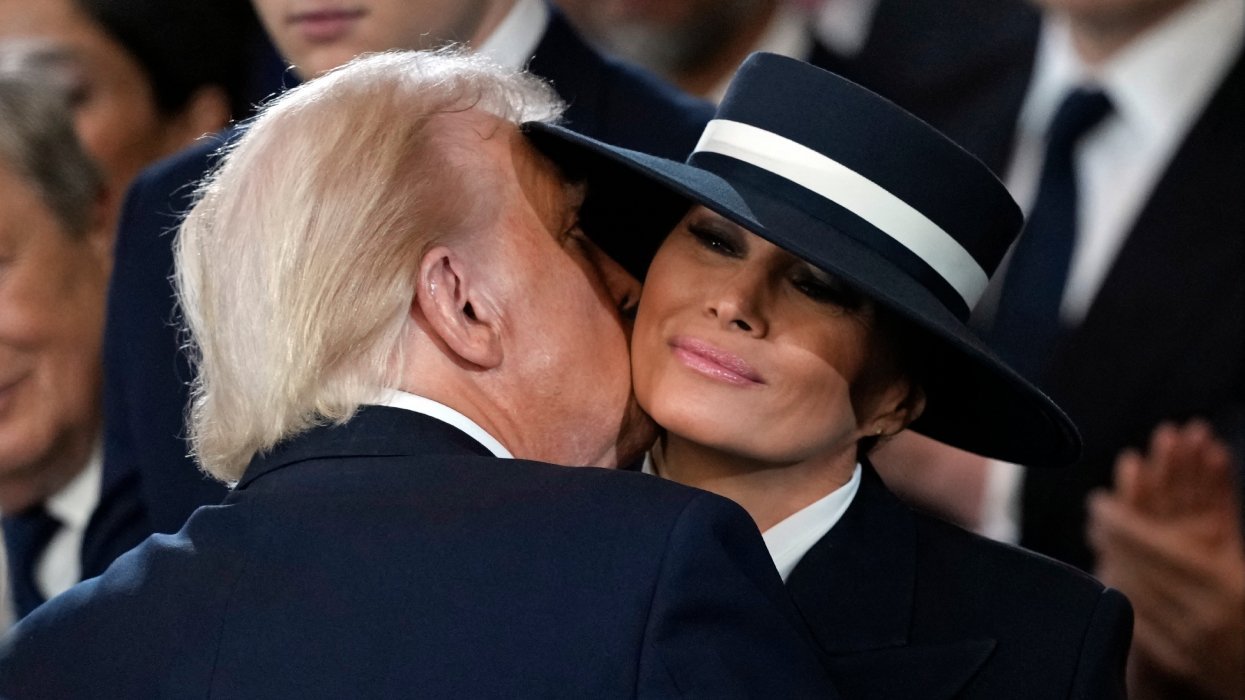


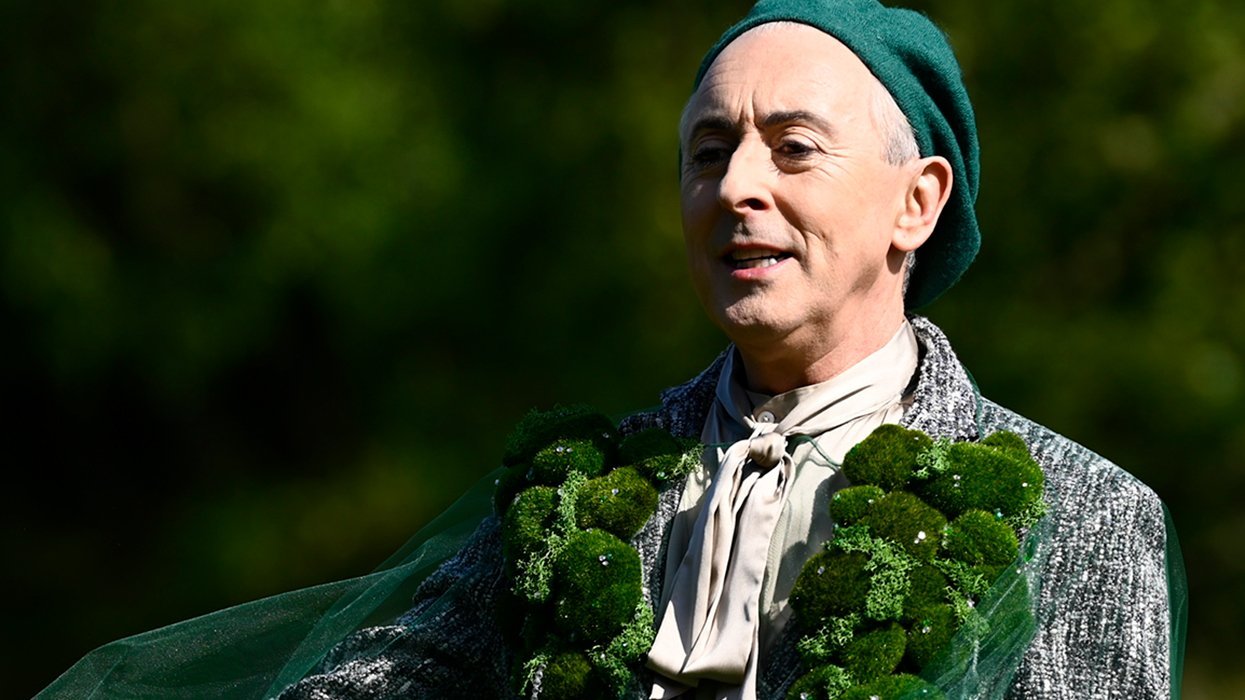
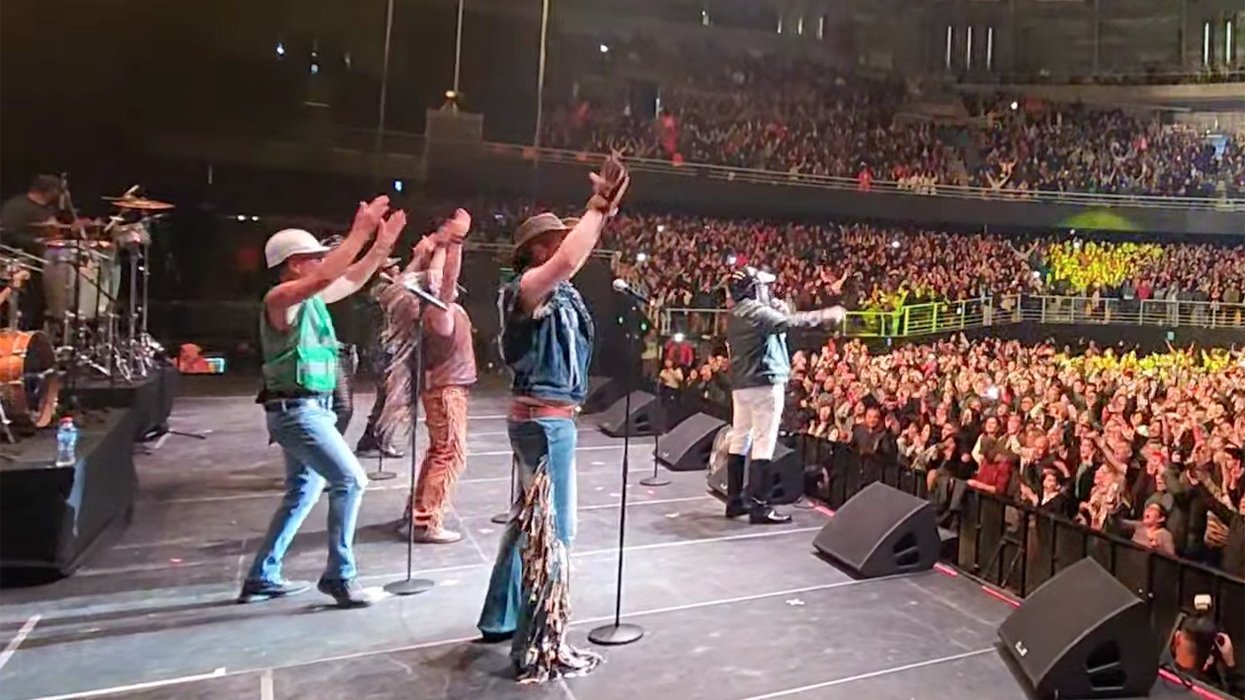

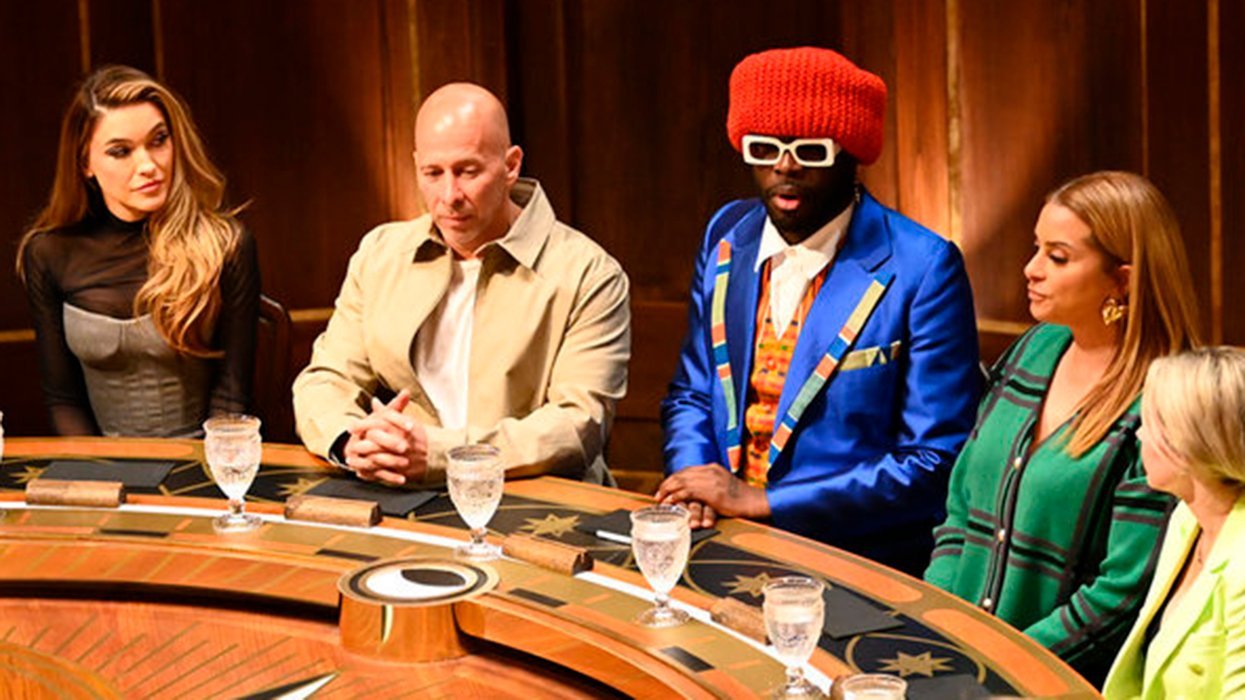
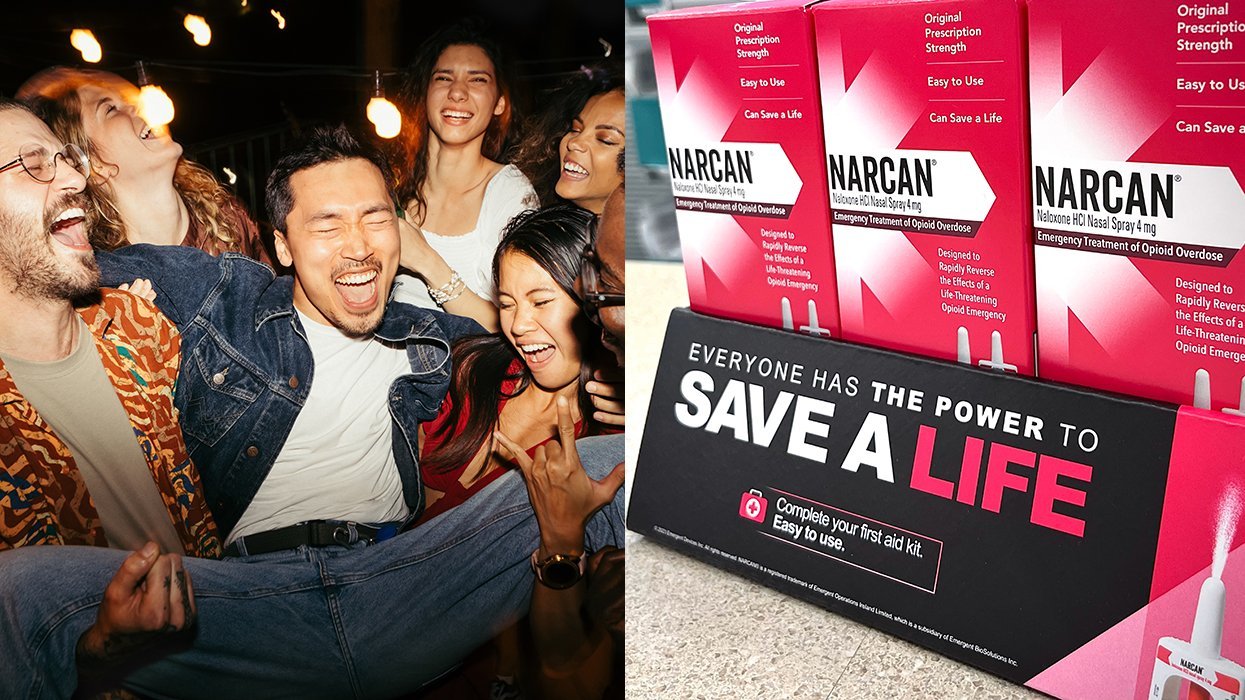
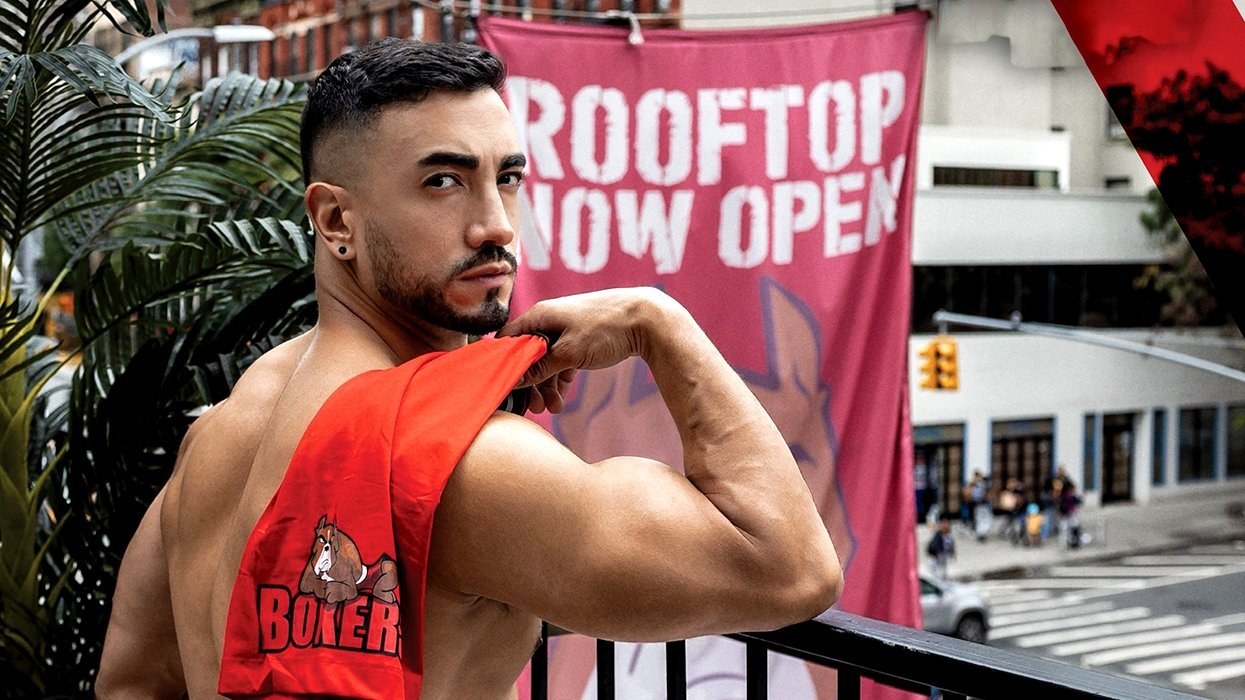
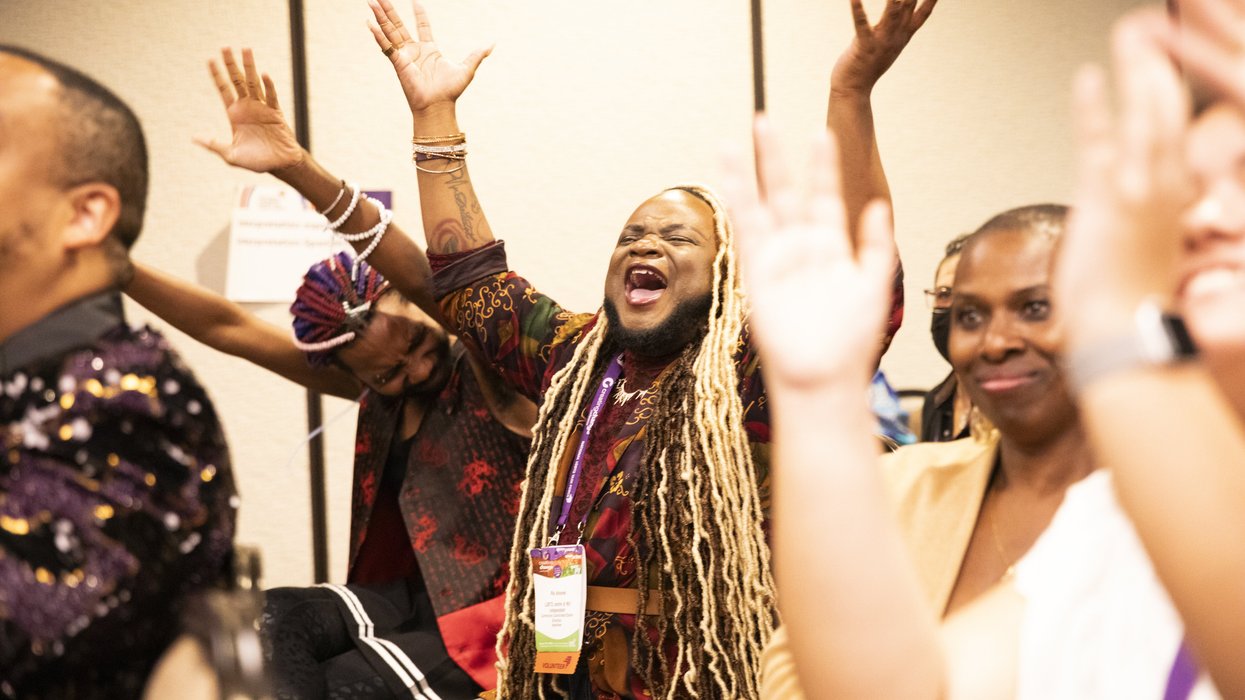
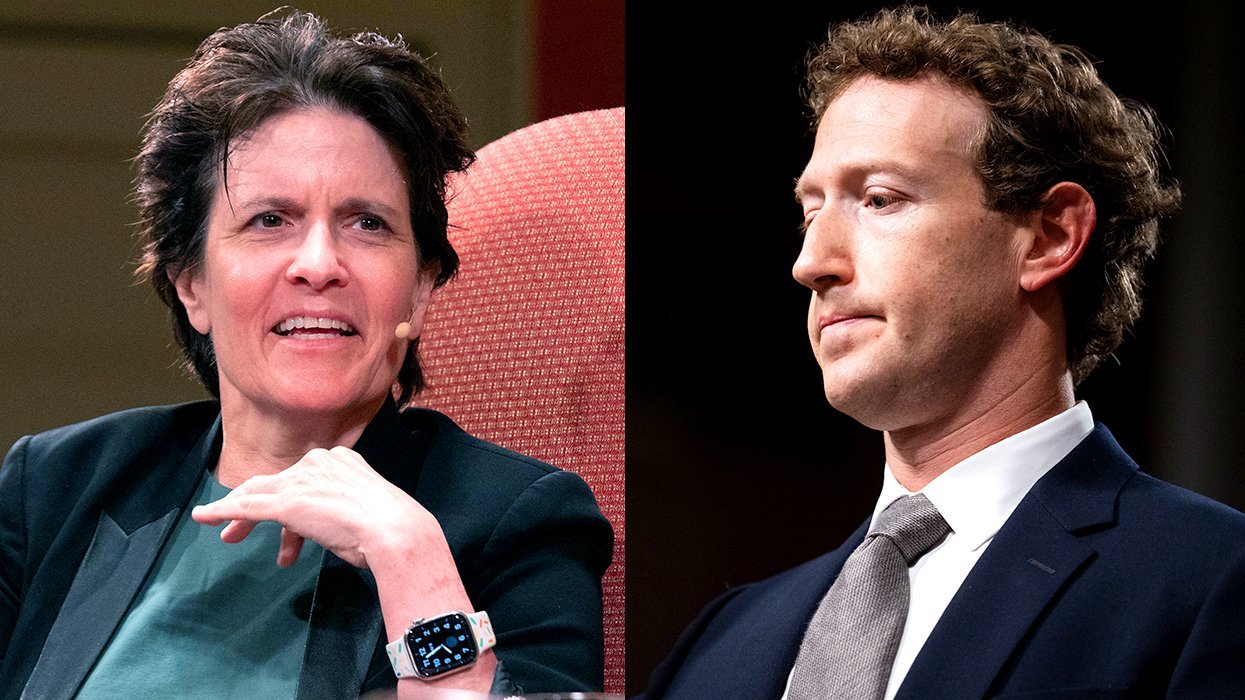

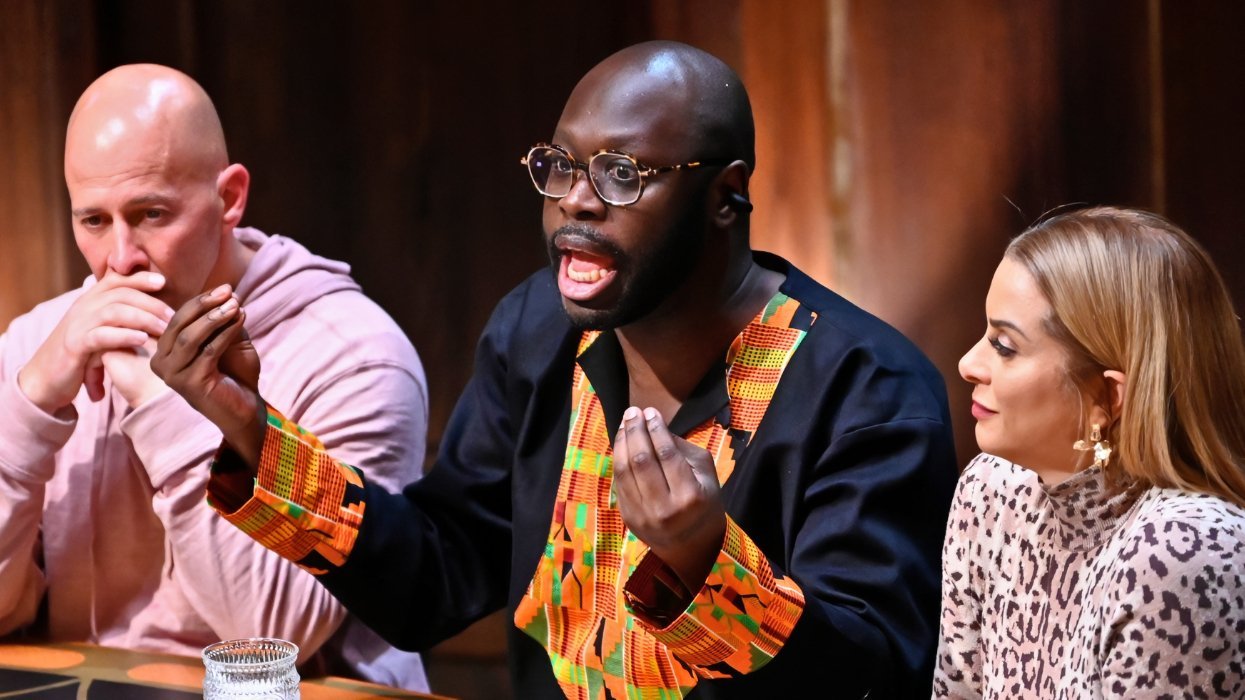
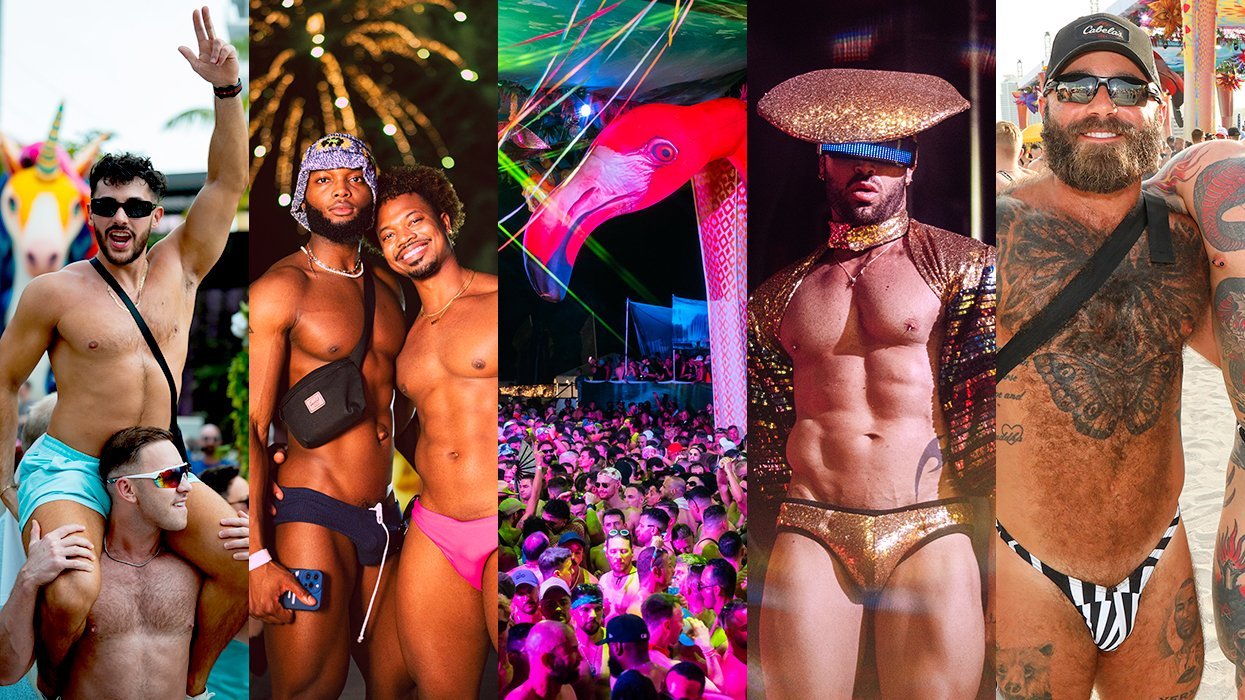

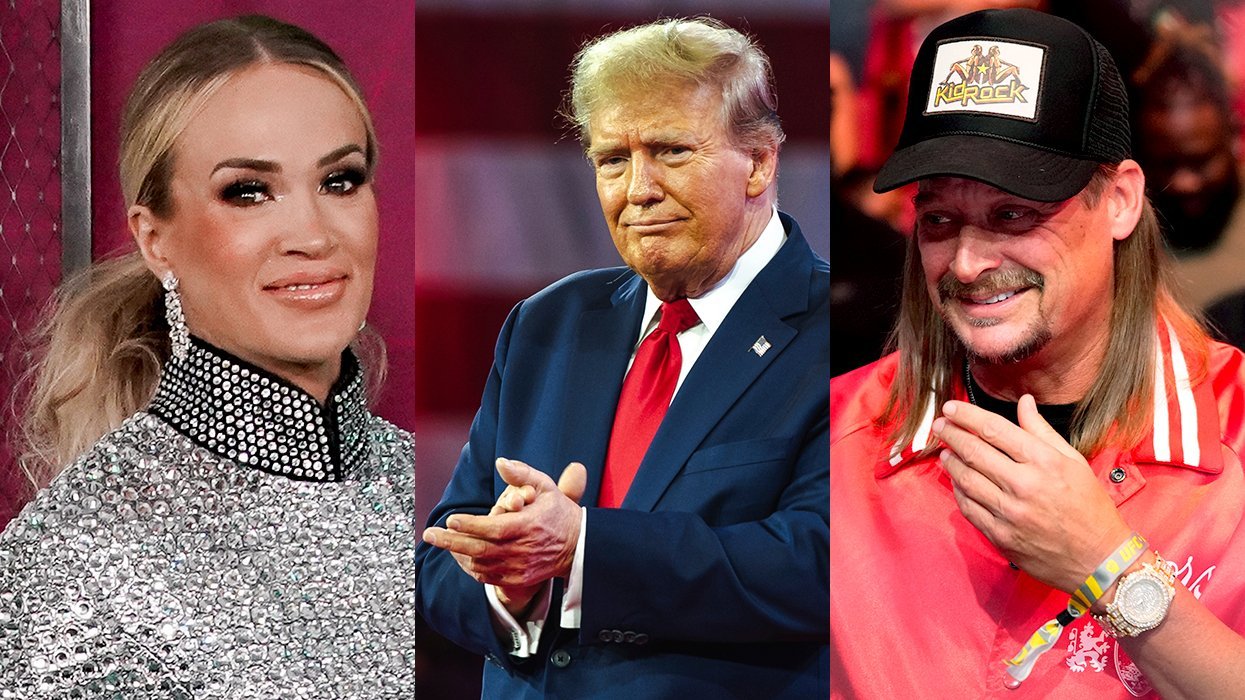

















































Beware of the Straightors: 'The Traitors' bros vs. the women and gays